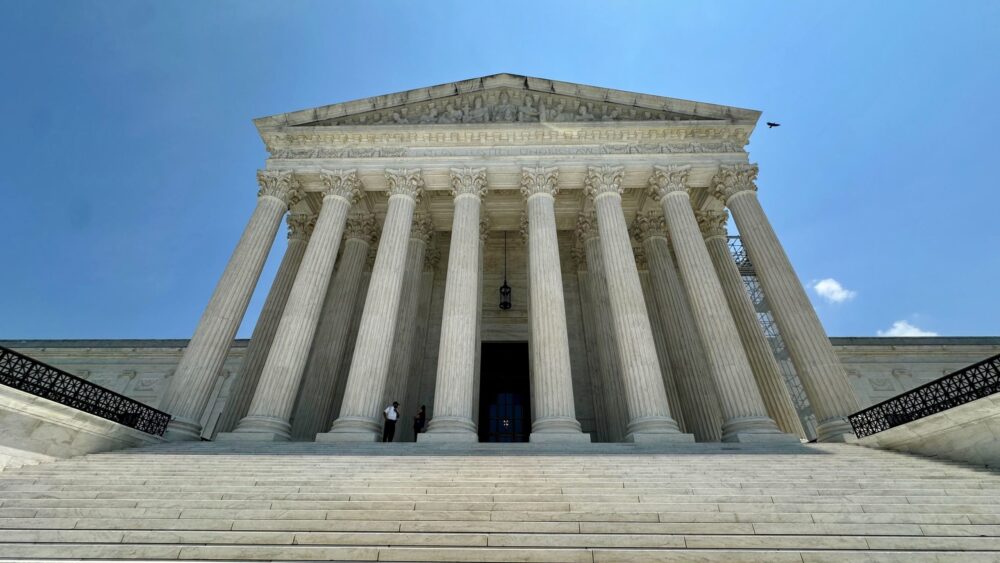Washington, D.C.– The Center for Learner Equity (CLE) vehemently objects to the tax package proposed by the House Ways and Means Committee. Specifically, CLE asserts that the tax bill proposed by Ways and Means misleads American families and does not ensure the rights and services required under the Individuals with Disabilities Education Act (IDEA) to fully protect and provide equitable education to all students with disabilities.
“Public funds offering anything less than full access to rights and individualized education shortchanges children,” said Jennifer Coco, Interim Executive Director of CLE. “The House proposal amounts to public dollars funding choice without rights. It misleads American families to believe their child with an Individualized Education Program (IEP) will have access to both a federal education voucher and their IDEA protections when they enroll their child in a private or parochial school. But it does not. The fine print of this proposal literally removes the ‘Individualized’ out of ‘IEP.’ We urge lawmakers to reconsider this approach and focus on extending full IDEA rights to children wherever public funds provide for their education.”
References to “equitable services” in the legislation may lead families to believe that their student with disabilities will still have the full benefit of their IEP, without a clear explanation of the services and rights they may be giving up in exchange for a publicly funded voucher. For example, “equitable services” could be defined as providing one-size-fits-all access to speech language services, regardless of whether an individual student needs more minutes for speech services or an entirely different type of support. It does not safeguard against families who accept publicly funded vouchers being left with little recourse for lack of adequate services beyond leaving the private school.
This budget proposal would invest $5 billion of public funding for private school vouchers while neglecting to increase funding for the IDEA, which has never been fully funded in fifty years. Research shows that growth in private school enrollment drains resources from public education budgets, leading to less funding for public schools (c.f. Arizona, Florida, and New Hampshire). While districts retain the responsibility for resourcing services to private school children out of their IDEA budgets, they would also maintain their responsibility to continue funding and providing the full continuum of IDEA services in their public schools, all while navigating less funding overall.
For further information on CLE’s position on the Educational Choice for Children Act, see this position statement. For CLE’s response to this administration’s recent efforts to dismantle the Department of Education, see previous press statements here.

Comments are closed.